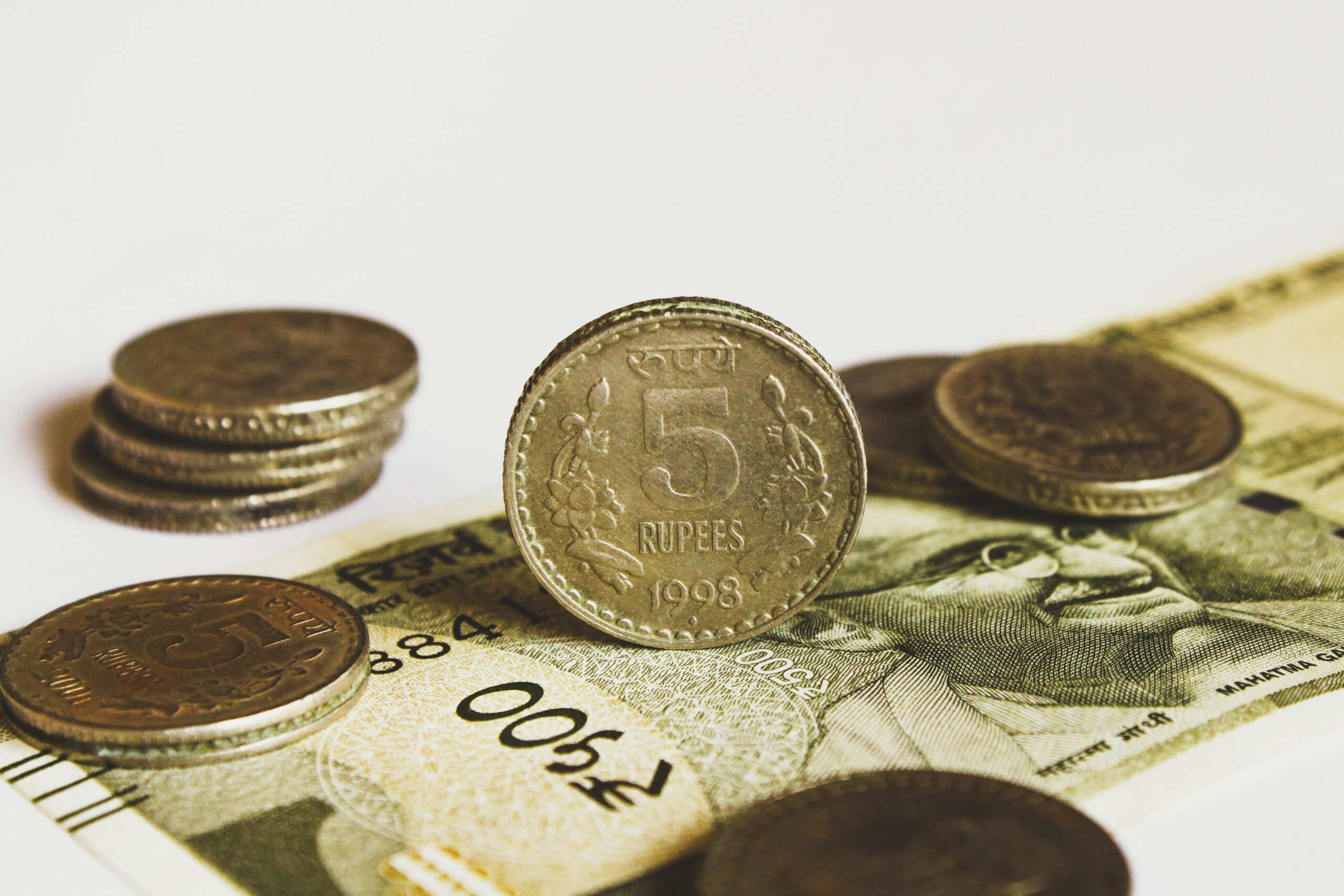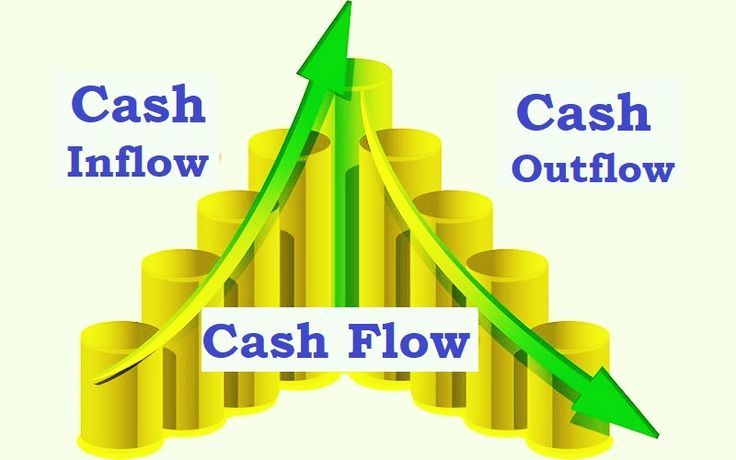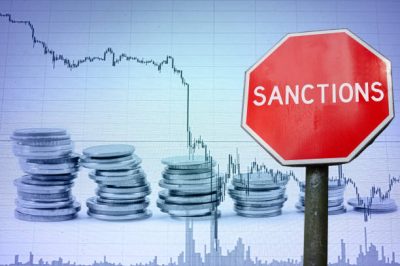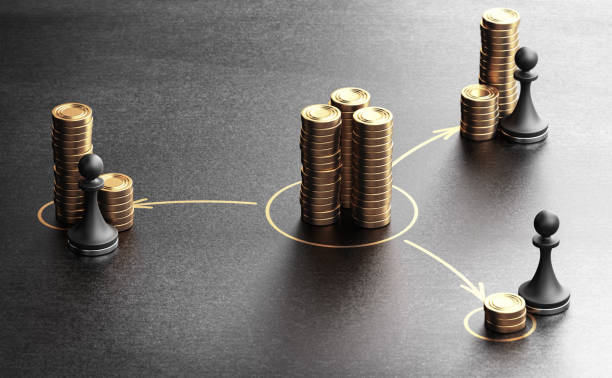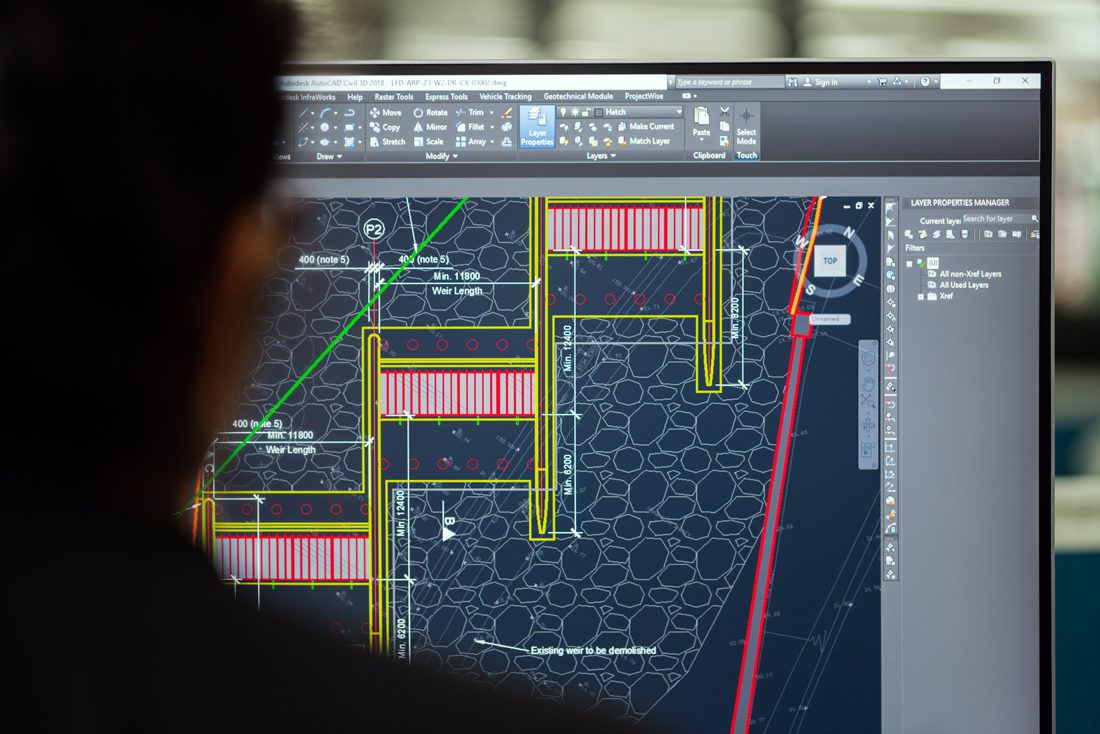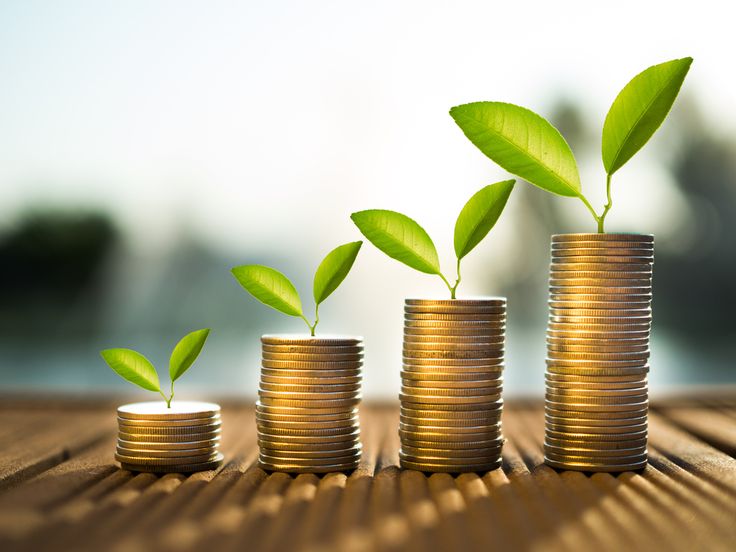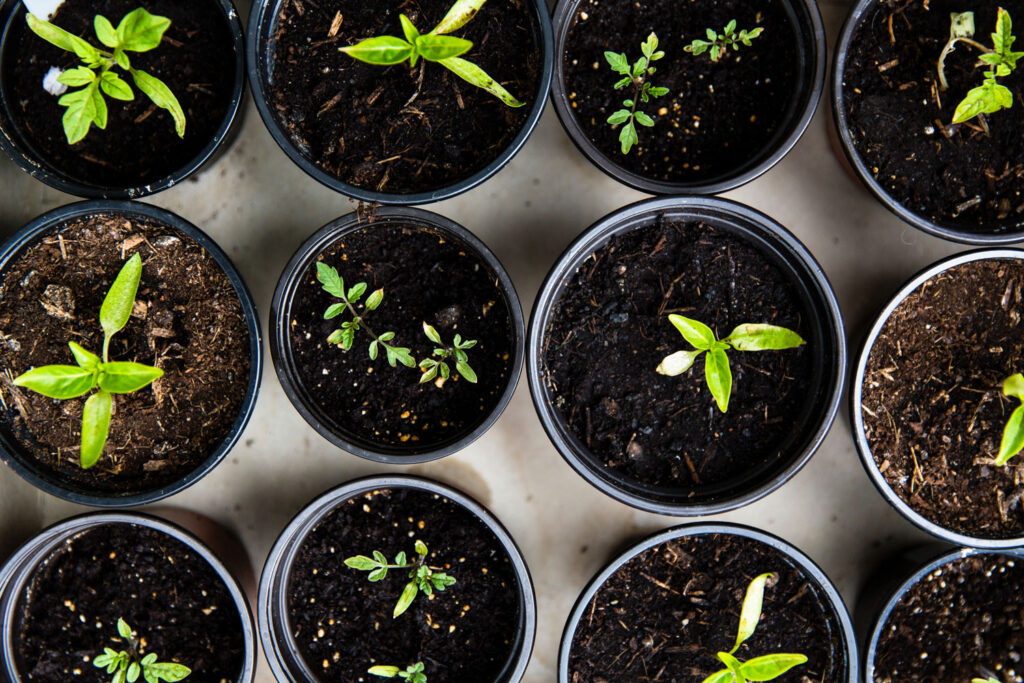Nations across Africa have a common goal of overcoming problems of poverty and putting in measures and strategies on how to improve and develop.
In addition, by development, they mean having a sustained improvement in the quality of human lives. Additionally, as far as development is concerned, it falls on several concepts such as sustenance, self-esteem and freedom, where:
- Sustenance; is the need for basic goods and services such as food, clothing, and shelter.
- Self-esteem; The feeling of wealth when societal human values are respected
- Freedom; Means having a variety of alternatives from which to satisfy its wants and each individual enjoys real choices according to preferences for example having good markets, health services, social services, education opportunities as well as job opportunities.
Plainly speaking, it is very crucial and significant to have a scope of development economics. This is not like traditional economics; it involves how economies are transforming from stagnation to growth, from low income to high income in both public and private sectors.
Let us bear in mind that Development is a systematic process consisting of economic growth, policies and structural change.
Talking about economic growth, it is the increase in the value of goods and services produced in an economy (country), it occurs when the output increases. The output can increase either when the country adds more inputs or uses technology/ innovation in order to enhance the efficiency with which a country transforms inputs into outputs.
Economic growth falls on the increase of these crucial topics which include; Gross Domestic Product or Gross National Income
- Gross Domestic Product ( GDP) ; The total final output of goods and services produced by the country’s economy, within the country’s territory, by residents and nonresidents, regardless of its allocation between domestic and foreign claims.
- Gross National Income (GNI); is the total amount of money earned by a nation's people and businesses. It is used to measure and track a nation's wealth from year to year. The number includes the nation's gross domestic product (GDP) plus the income it receives from overseas sources.
However, economic growth is not a sufficient measure of development, there are a number of Sub-Saharan African countries that provide growth without development, these include; Nigeria has experienced rapid economic growth in recent years, but this growth has not been accompanied by improvements in living standards for most people. Similarly, Equatorial Guinea has seen its GDP per capita increase rapidly due to its oil reserves, but this has not led to widespread improvements in areas like education and HealthCare. Another example is the Democratic Republic of Congo. Despite having abundant natural resources like minerals and timber, the country has not seen significant improvements in the quality of life for most people.
Economic growth differs with economic development for the following reason, the lack of economic development erodes capacities and penalizes future economic growth.
Economic development includes altering the industrial structure, the educational and occupational characteristics of the population, and indeed the entire social and institutional fabric.
They are concerned with the economic, cultural, and political requirements for effecting rapid structural and institutional transformations of entire societies in a manner that will most efficiently bring the fruits of economic progress to the broadest segments of their populations.
The World Bank divides 125 countries into 4 categories according to their per capita income levels.
- Low income
- Middle income
- Upper middle income and
- High income
The United Nations uses the Human Development Index (HDI). The United Nations uses three major groups:
- Least developed nations e.g. Somalia, South Sudan, Burkina Faso, and Mali to mention a few
- Non-oil exporting developing countries, comprising 88 countries such as Uganda, Ethiopia, Zambia & Rwanda
- Petroleum-rich members of OPEC such as Nigeria, Gabon & Equatorial Guinea etc.
Economic development is a significant topic that needs thorough and insightful reports to fully understand it in order to improve material lives. Furthermore, the concept expands the capacities that contribute to advancement of society.
Particularly, Malawi being low-income country and economic development has been hampered by a number of factors, including poor infrastructure, limited access to markets, a lack of investment, and a reliance on agriculture. However, there are some positive signs of progress. Malawi's GDP growth has been positive in recent years, and there has been an increase in foreign direct investment.
Looking at devaluation and economic growth, when reducing the value of a country's currency, it can make exports more competitive, and this can lead to an increase in exports and foreign investment, which can help stimulate economic development, if a country's currency is devalued, its goods and services become cheaper for other countries to purchase. This can lead to an increase in demand for those goods and services, which can result in more jobs and income for the country.
Ultimately, economic development is essential for reducing poverty and improving the standard of living for citizens, creating jobs and reducing unemployment. Similarly economic development is essential for promoting innovation and technology, which can lead to further improvements in living standards and creating a stable and prosperous society.
